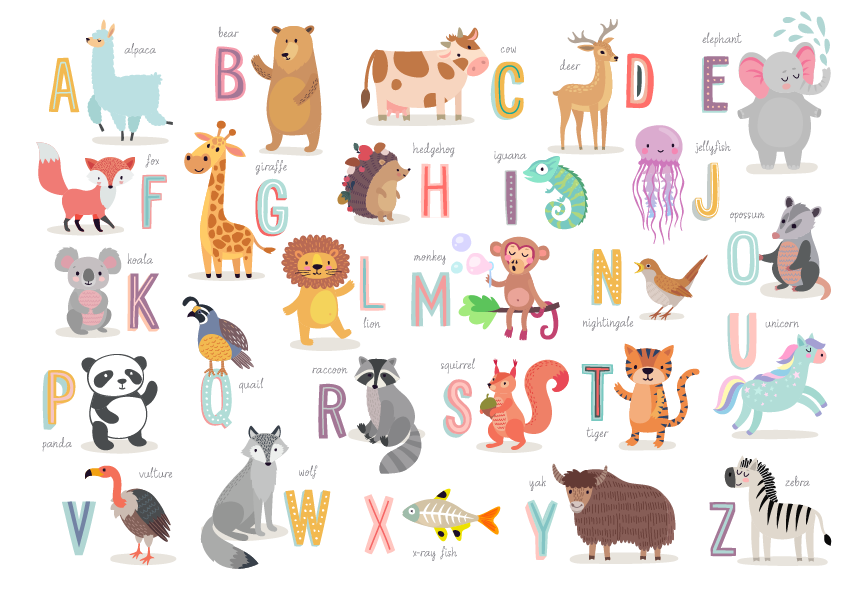Baby Ro has just turned 1, and his babbling has become much more diversified in the last few weeks. We can only decipher one new word though: 奶 (milk), which he consistently says when he’s hungry. In the way of babies, he doubles this word into 奶奶 (paternal grandmother). However, it’s been six months sinceContinue reading “New word: Milk!”
Tag Archives: English
Journey to the West – Chapter 5.3
Look at them all, their hands going slack, their heads drooping, their eyes closing. One by one they all fell asleep. The Great Sage took his choice of delicacies and tidbits went into the hallway. He settled down next to the urns of wine and ate and drank himself silly. After a while he was full and very drunk.
Two Chinese Americans walk into a bar
I started another project, and this one is one that will last a lifetime. We had a baby! And we are trying to raise him English/Chinese bilingual. Everything I’ve read about raising bilingual children recommends one of two strategies: One Parent One Language, or Minority Language at Home. The problem is that my husband andContinue reading “Two Chinese Americans walk into a bar”
Alphabet Animals
When a culture encounters something new in a new place, such as during colonization, war, or mass migration, words tend to be borrowed quickly and wholesale so people can communicate new concepts. Animal words are a great example of this. Guess which of the following animal names you think are native to English. I’ve listed below the explanations for ones that are not.
Piano no Mori – Stick Figures with Boobs
Kids in the US drawing stick figures usually distinguish women by their long hair, but that was not the strategy employed when developing this character. If you really squint at 女, you can see that there’s arms, legs, a head, and a kind of bulge in the middle of the body. What is that bulge? (It’s a boob).
Piano no Mori – Sassy Children are the Best Children
The nature of translation is that nuance will be lost. You want the text to be understood by people who live within a different cultural context and in a language with different sentence structures, idioms, and that sometimes just cannot convey all of the nuances and connotations in the original text. Reading this text in its original language, however clumsily and slowly I’m doing it, is shedding light on all of the color and connotation I’ve been missing. And I feel like I’m getting to know (and falling in love with) these characters all over again.
English Etymology – Boy, by Roald Dahl
I’m taking a short break from Japanese today to look at some English etymology with a couple of sentences from Roald Dahl’s Boy. Most of this excerpt can be traced back to Anglo Saxon, a Germanic language that was spoken in Great Britain in the 5th-7th centuries. But there are a few interesting standout “non-native” words, as well as a couple that show why English is so irregular.


